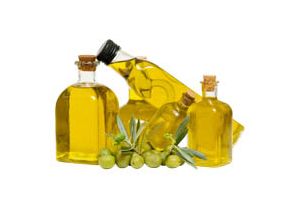SHARE WITH FRIENDS:
1. It can be easily acknowledged that the first steps of human civilization were the cultivation of olives, according to archaeologists, the cultivation of olives began in Crete in 3000 BC. Olives have long been grown separately in Crete and Syria.
2. Olives have long been the main source of income for the Minoan kingdom. Later, Phoenician sailors scattered the olives along the Mediterranean coast.
3. From time immemorial, olive oil has had a religious status. The Prophet Muhammad also advised his followers to apply olive oil on their bodies, while in Christianity, olive oil is often used in anointing ceremonies. In many cultures, olive oil was applied to corpses before burial.
4. Immigrants brought grapes to America (New Country) along with grapes - olives were used not only as food but also in religious ceremonies. Today, California is one of the major olive suppliers outside the Mediterranean (but the quality of the olives is not so good).
5. The average lifespan of an olive is 500 years, and the lifespan of some olive trees is 1500 years. The average age of the olive trees on Mount Olive (Eleon) in Jerusalem is estimated to be around 2000 years.
6. The only difference between green and black olives is that they are ripe: ripe olives are black.
7. 90 per cent of the olive crop is used for the production of olive oil, and almost 98 per cent of the land allotted for the cultivation of olives is in the Mediterranean. In total, there are about 500 million olive trees in Europe.
8. Olives are harvested in November-March, 6-8 months after the end of the flowering period. If the olive is grown for oil production, it is immediately sent to the press. Olive oil is also the only type of oil that can be consumed without special processing.
9. Freshly picked olives should not be eaten as they will be very bitter at this time. They will need to be alkalized and / or canned in sea salt or salt water to be consumed. This is done to release the substance oleuropein, which is widely used in medicine (for example to lower blood pressure), a substance found in olives and leaves.
10. Olive processing is done in different ways in different countries. Thus, in Greece, olives are not alkaline, they are salted for 6-12 months, in which case they have a very strong taste. In turn, the Spanish green olives are harvested before ripening and leached into a brine for fermentation.
